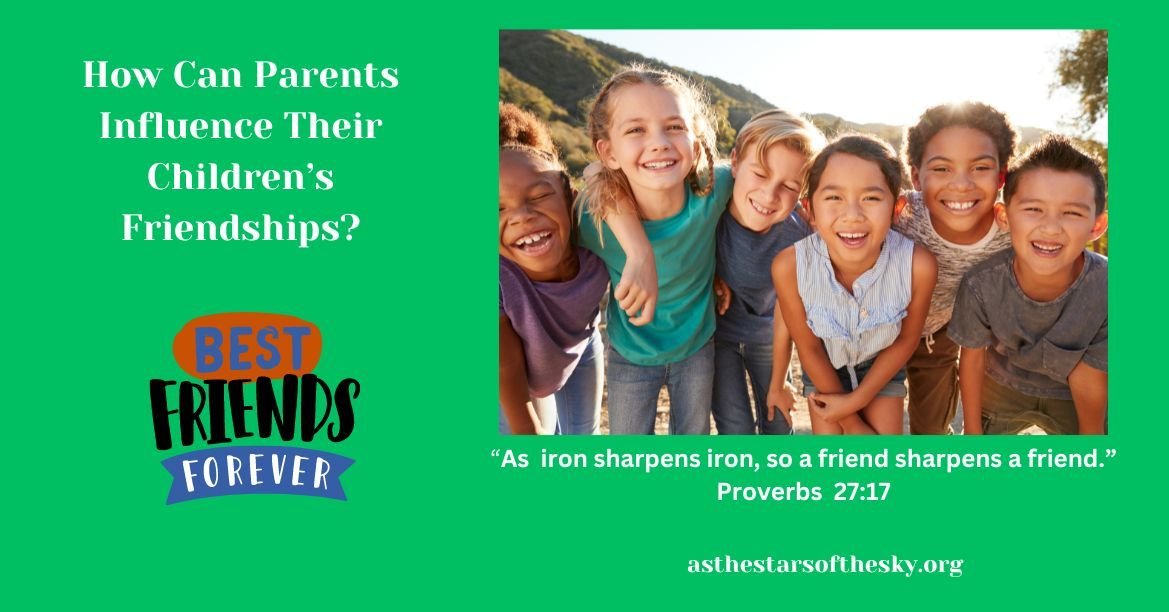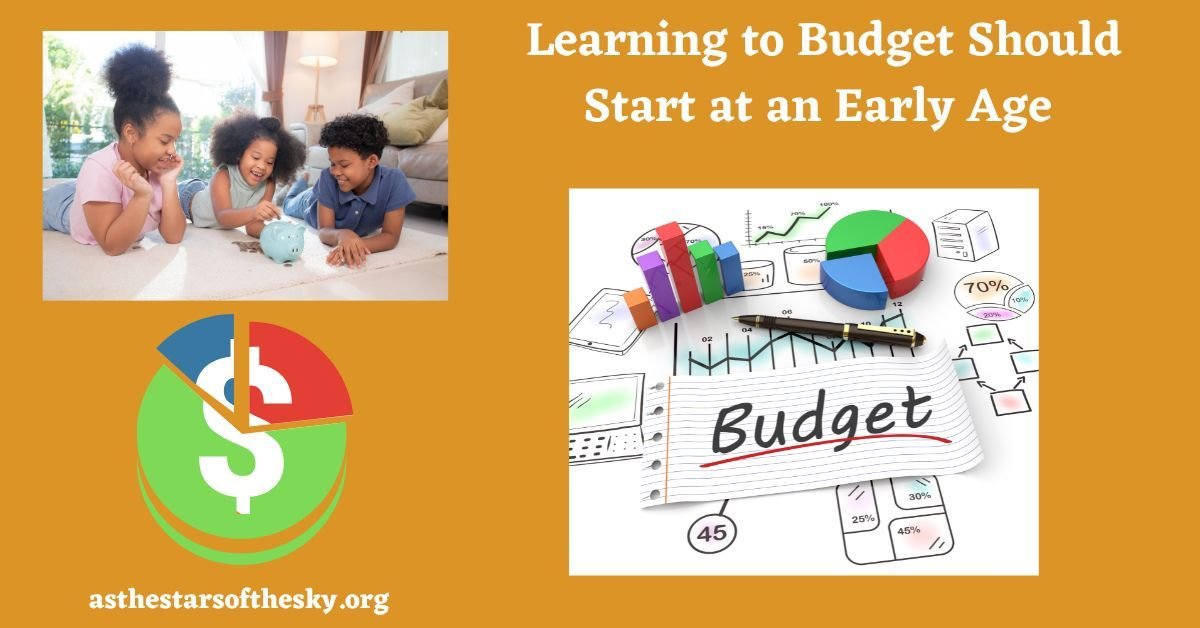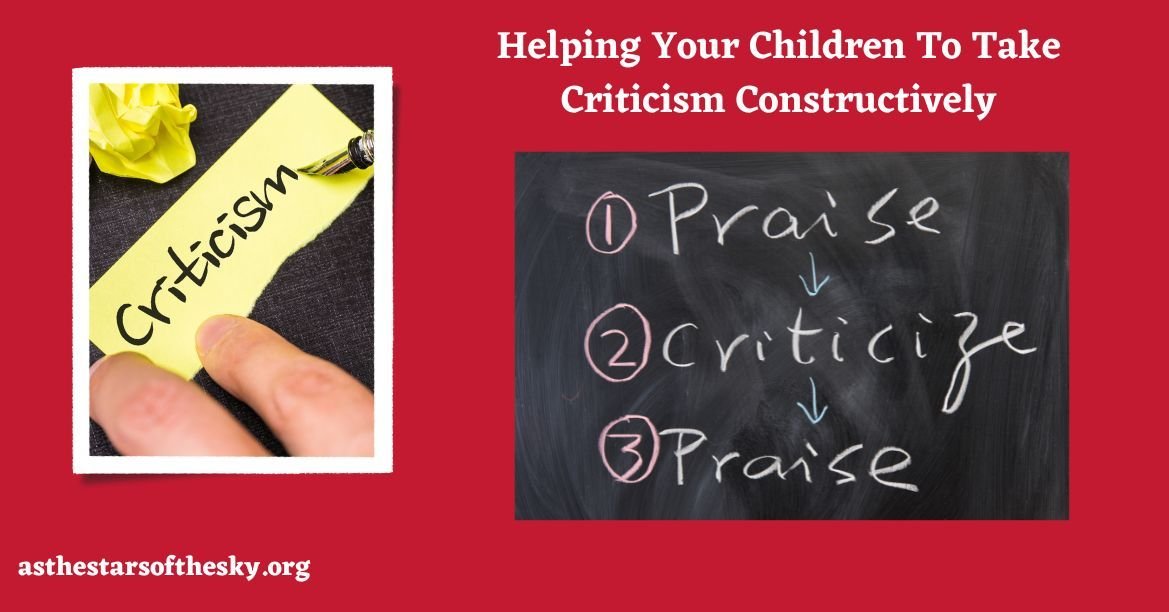Do not let unwholesome [foul, profane, worthless, vulgar] words ever come out of your mouth, but only such speech as is good for building up others, according to the need and the occasion, so that it will be a blessing to those who hear [you speak]. Ephesians 4:29 (AMP)
Children learn from what they see and hear around them, and while it can often be exciting to observe what they have learned, sometimes it can be frustrating or even embarrassing and anger you. Having said that, there is, unfortunately, going to be a day in your life as a parent when your child tells you about a “new word” he/she learned - a swear or curse word. Or you may hear your child use such a word when interacting with friends or siblings. At first, you may be shocked to hear that word coming out of your child’s mouth (innocent as you think he or she may be). I strongly recommend that you act quickly to counter this type of unacceptable speech.
First and foremost, be honest. Did your child learn that curse word from you or your spouse? You should not expect your children to do as they are told and totally ignore what you, as a parent, say and do. Be sure to clean up your mouth before you enforce “no cursing” rules on your children.
It is critical that both parents agree that these types of words are not acceptable – period. It will be very confusing for your children if you tell them that swearing is not acceptable speech but then your spouse laughs when they curse and thinks they are cute by saying those types of words. As with any other issue that involves raising children, parents must have a united front when dealing with cursing and decide together how violations of parental rules will be dealt with.
It is imperative that, instead of getting upset with your children and yelling at them to not do it again, you speak to them about the meaning of the word and why they should not be using it. The words that we speak matter! Let your children know that words like those are not pleasing to you or to God. God wants us to use our words to praise Him and uplift others, something we cannot do if our mouths are cluttered with foul language. Select and review with your children Bible verses such as Ephesians 4:29 that establish exactly what God wants to hear from us and why anything else is displeasing to Him.
It is also important to be willing to answer your children’s questions about curse words. If your children feel that they can ask you anything without you getting angry and judging them, they will make you the first person they turn to when learning about something new, including words like these.
Assist your children to learn other words that are not curse words and to select and use these words to best describe how they feel. This will help them to develop word intelligence and self-control. For example, if your child is upset about what a sibling did, help your child to come up with words to express his feelings, rather than curse words. As he grows older, whenever he is in the middle of an argument and angry, he will be able to tap into his extensive vocabulary to express himself without resorting to curse words.




















